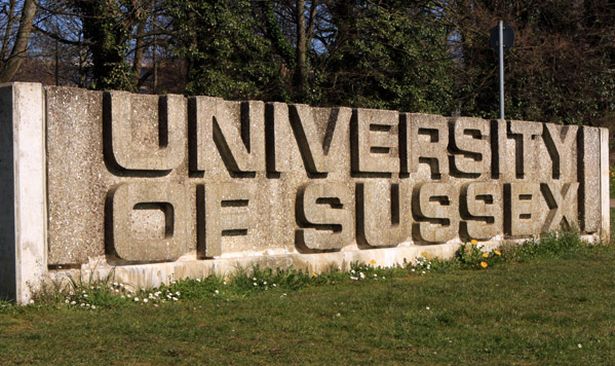Words by Eleanor Deane
Last weekend, a team of 4 students won the national student debate competition in medical ethics, hosted by the Institute of Medical Ethics. The team consisted of Lewis Gregory (4th year), Rosie Burgess (2nd year), Hannah-Marie Culley (1st year) and Eleanor Deane (4th year).
The team debated Exeter Medical School against the motion: ‘Patients should be charged a monetary deposit on booking a GP appointment, which will be refunded on attendance at the appointment.’.
Exeter highlighted the economic losses faced by the NHS due to missed appointments and that a deposit would be a charge for abuse and not use of the NHS.
Hannah argued that the deposit would be against one of the founding principles of the NHS – that it be free at the point of care. Reflecting on the event, Hannah said ‘It was an honour to be a part of the IME debate final and to win with such amazing people. I had so much fun planning and researching for our speeches and I am so grateful we got to participate in this shared journey despite the pandemic. I can’t wait for us to properly celebrate once lockdown is lifted and to finally meet Ellie, Rosie and Lewis in person!’.
Rosie explained how introducing a deposit would introduce another barrier to accessing primary care to those most vulnerable in our society on top of those already faced. She explained although exemptions could be put in place, in practice they are often followed inconsistently. She also drew upon Tudor Hart’s inverse care law; that the availability of good medical care tends to vary inversely with the needs of the population severed. When interviewed about her experience of the debate Rosie said ‘We worked so hard as a team to come up with the best ethical argument taking into consideration all the possible rebuttals. It was easier for us because we really believed in the topic we were arguing about. Nobody should have to pay to access GP appointments.’
Lewis highlighted that the motion would have sinister effects for victims of domestic abuse, who may struggle to book appointments in secret and may be restrained from attending. Of the debate he said, ‘It was such a fantastic experience, and such an amazing feeling to win! I feel so proud to be part of the team. I made new friendships and argued for something I really believe in!’.
The conference explored some of the ethical issues brought about by the pandemic, such as surrounding the redistribution of services and staff from childrens’ hospitals to adult services. How do we protect the rights of children during a pandemic when they lack a voice in the discussion?
To find out more about the Institute of Medical Ethics head to: https://ime-uk.org/

